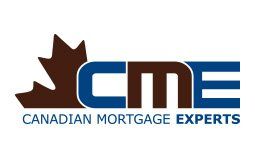Mortgage Stress Test Sidelining Young Buyers
New data shows the country’s youngest buyers are being affected most by the government’s mortgage stress tests.
Mortgage originations were down 8.9% overall in Q2, while those among buyers between the ages of 18 and 25 were down 13.4% compared to last year, according to TransUnion’s latest Industry Insights Report.
This marks the fourth consecutive quarter that mortgage originations and balances were down on an annualized basis.
“The new mortgage regulations seem to be having the intended effect in cooling the overheated housing market and broadly preventing consumers from overextending themselves with mortgage debt,” said Matt Fabian, TransUnion’s director of financial services research and consulting in the release.
“However, there are signs of some potentially unintended consequences. We have started to see an uptick in co-borrowing as the means of getting a foothold on the property ladder, where multiple consumers make an application together—in effect combining the power of their salaries,” he added. “Although this is nothing new, it is now often with the help of a parent, other relative or a friend rather than just a partner or a spouse.”
Stress Test Harder on Younger Buyers
The youngest demographic of buyers is most affected by the new mortgage rules due to being at the early stages of their careers and, typically, receiving lower salaries compared to the other cohorts, making it harder to pass the stress tests.
Those with a down payment of 20% or more must qualify at the greater of the contract rate or the Bank of Canada’s benchmark rate (currently 5.19%), while uninsured mortgages are stress-tested at the greater of the benchmark rate or the contract rate plus 200 basis points.
“This limits both their ability to qualify under the mortgage stress test rules, as well as the size of mortgages they can obtain,” the report notes. “In many of the major Canadian housing markets, many younger consumers have now been effectively priced out of buying.”
Debt Levels Increasing
While mortgage debt is trending downward, overall debt held by Canadians rose 4.3% year-over-year to $1.88 trillion.
Again, millennials led the trend with their debt levels jumping 12.3% to $515.9 billion, reaching parity for the first time with the total debt held by Baby Boomers.
“This trend represents a fundamental shift in generational lending, as banks and other institutions continue to adapt and evolve their business models to provide more options and more tailored customer experience for Millennials and Gen Z,” the report noted.
Lenders Tightening Lending Limits
The report also revealed that lenders may be taking a cautious approach to new lending, given a decline in the size of new credit limits in the quarter.
The data shows a 3.6% decline in the average mortgage size (to $276,579) and a 19.7% drop in the average line of credit limit (to $42,004).
However, limits for auto loans and credit cards were higher, up 1.9% and 0.8%, respectively.
This article was written by Steve Huebl from Canadian Mortgage Trends and was originally published on August 21st.




